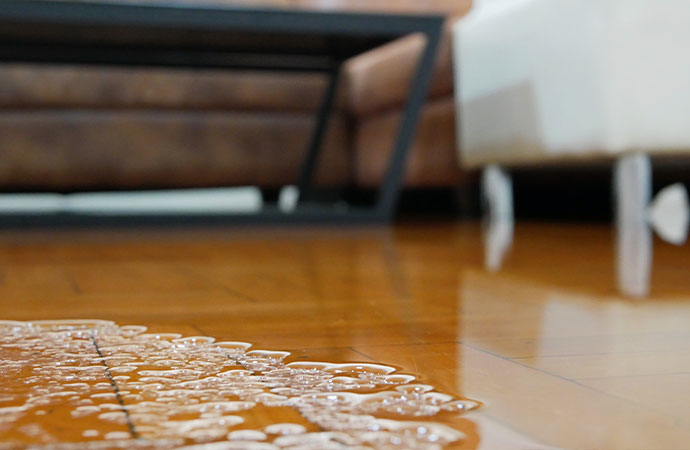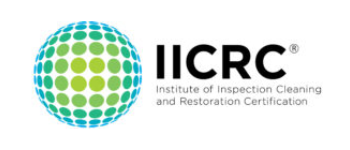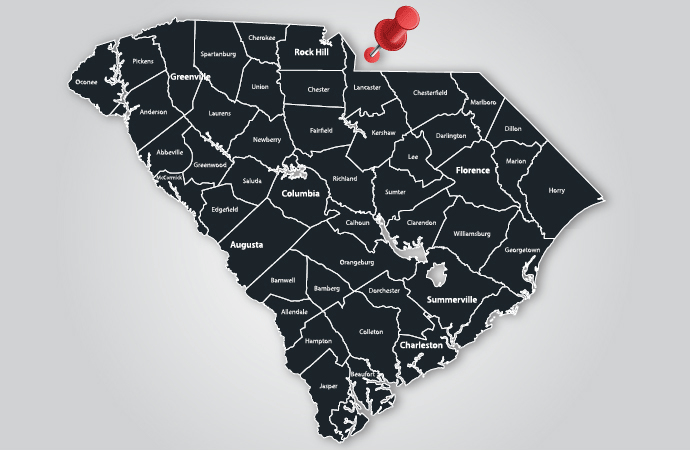Hardwood Floors and Water Don’t Mix
If you have hardwood floors in your South Carolina home, they’ve probably had water on them at one time or another, either from a spilled glass, a broken pipe, or just wet shoes. But have you ever questioned whether water can seriously damage your hardwood floors? This is information you need to be aware of as soon as it is installed.
Can hardwood floors tolerate water?

The answer is yes – and no. Sometimes water damages a hardwood floor to the point that it will need to be torn up and replaced. Other times they can survive an encounter with water without requiring repairs.
Four main aspects come into play when it comes to whether or not your hardwood flooring will be damaged by water:
- The swiftness of your response – homeowners can save their floors from water damage, but they need to react quickly. The lengthier period that it goes unnoticed or ignored, the harder it will be to restore.
- The type of wood – certain varieties of wood are more susceptible to water damage than others. You need to know if your floors are natural wood, plywood, or laminate.
- The amount of water – all types of wood can tolerate a minor amount of moisture, usually about 6-12%. Any more is a cause for concern, especially if it has had recurrent contact with water.
- The degree of damage – if not too severe, your floors should be salvageable. But excessive damage may require that your flooring be restored or replaced professionally.
Once water comes into contact with the hardwood floor, it quickly begins to absorb into its pores. When water is present for more than 24 hours, mold and mildew may begin to grow, causing damage to your health and home. This is in addition to extreme buckling and warping which can adversely affect the floor.
How to properly dry your hardwood floor
The moment your hardwood floor meets water, time is of the essence. You must act quickly to reduce the damage that water can do to your floors. To help you, we have some tips to follow that will lessen the damage:
- For large spills, use a wet/dry vacuum to quickly remove the water.
- Clear contents out of the space where a spill or flood occurs to limit the number of damaged items.
- After drying the floor, wipe it down with a non-soapy disinfectant to eliminate dirt and debris.
- Use large fans to dehumidify the area. Run your air conditioning as it helps reduce moisture faster. If it is not very humid outside, open the windows.
But if there’s been serious water damage to the hardwood floors in your South Carolina home due to flooding from a natural disaster or broken pipes and they’ll have to be repaired, get in touch with your insurance company to file a claim and then give the hardwood floor damage professionals at Kingsley Water Damage Restoration a call. They have the experience and equipment that can save expensive hardwood floors that are cupping or buckling as a result of water damage. This way you can also save money because restoring floors is always less expensive than replacing them.





